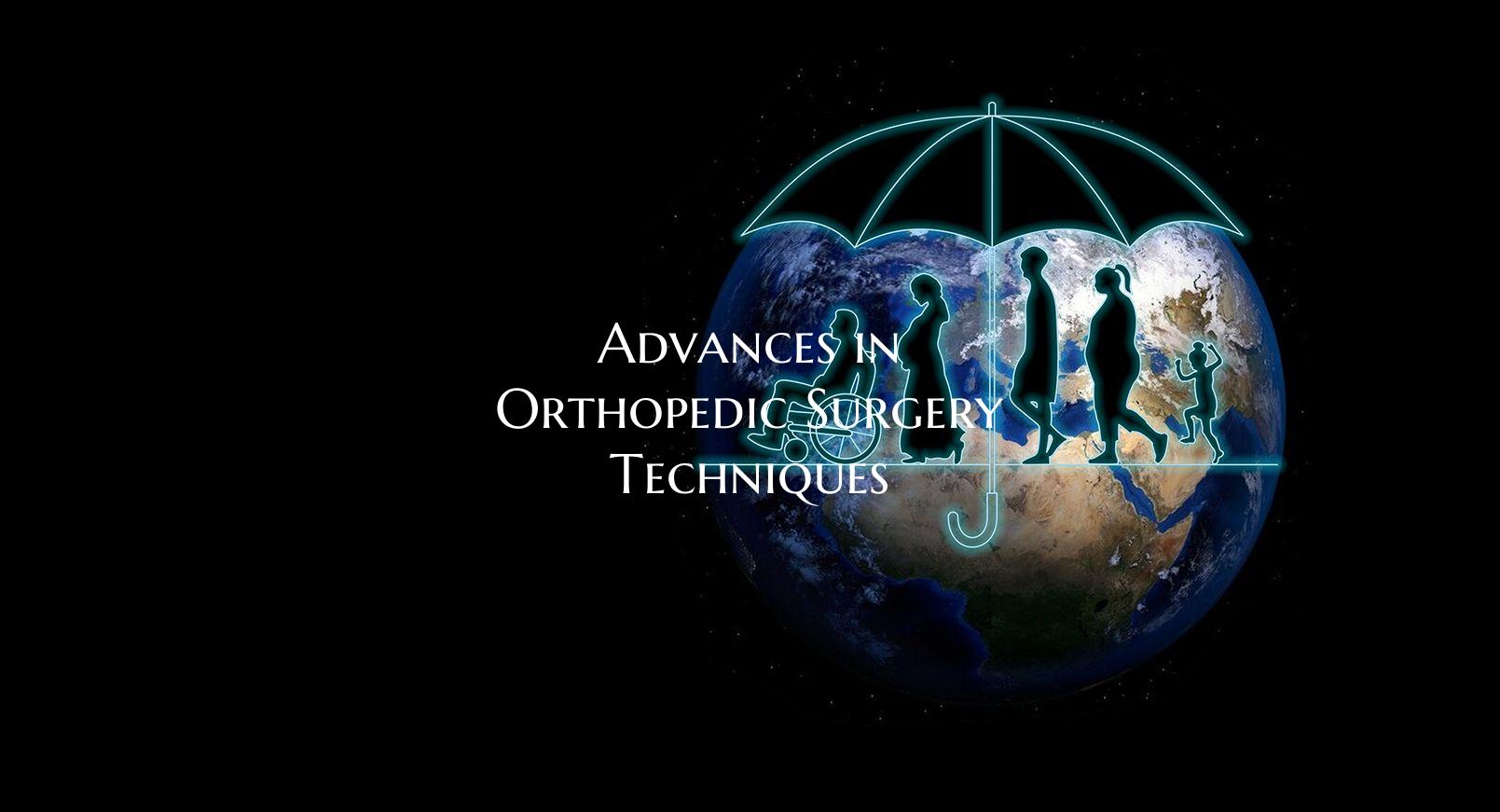
Advances in Orthopedic Surgery Techniques
Orthopedic surgery has undergone significant advancements in recent years, revolutionizing the way patients with musculoskeletal conditions are treated. These advancements have allowed for improved surgical outcomes, reduced recovery times, and enhanced patient satisfaction. Here are some of the key advances in orthopedic surgery techniques that have made a significant impact:
1. Minimally Invasive Surgery: Minimally invasive techniques involve smaller incisions and specialized instruments that allow surgeons to perform complex procedures with less tissue damage. This results in faster recovery times, reduced scarring, and lower risk of infection compared to traditional open surgery.
2. Computer-Assisted Surgery: Computer-assisted navigation systems and robotic technology have transformed orthopedic surgery by providing real-time feedback to surgeons during procedures. This precision technology allows for more accurate placement of implants, leading to improved long-term outcomes for patients.
3. 3D Printing: The use of 3D printing technology in orthopedic surgery has revolutionized the way implants and custom surgical tools are designed and produced. 3D-printed implants can be tailored to the patient's specific anatomy, resulting in better fit and function compared to traditional off-the-shelf implants.
4. Biological Treatments: Advances in biologics, such as platelet-rich plasma (PRP) and stem cell therapy, have opened up new possibilities for treating orthopedic conditions. These regenerative treatments can promote tissue healing and regeneration, offering potential alternatives to traditional surgery in some cases.
5. Intraoperative Imaging: The integration of intraoperative imaging technologies, such as intraoperative CT scans and 3D fluoroscopy, has allowed for real-time visualization of the surgical site during procedures. This enhances the precision and accuracy of surgery, leading to better outcomes for patients.
Overall, these advances in orthopedic surgery techniques have transformed the field, offering patients more options for treatment, improved outcomes, and faster recovery times. As technology continues to evolve, the future of orthopedic surgery looks promising, with further innovations on the horizon.